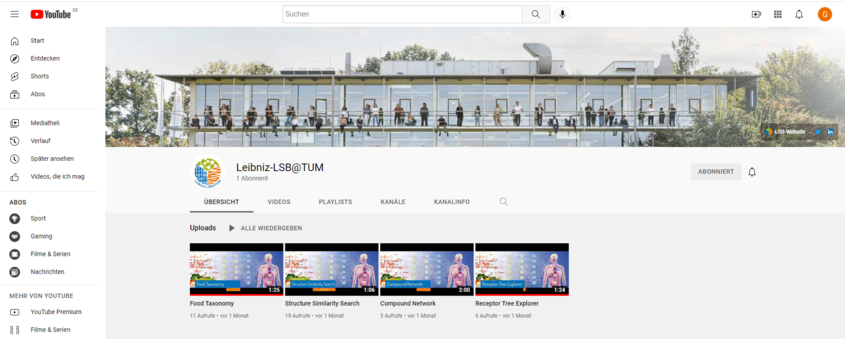Media Library
Third parties may use the images in our media library only in the context with editorial comments and reports on the Leibniz-LSB@TUM. Any commercial use is prohibited.
If you use the images from our media library, please also include the complete copyright information.
We would appreciate a short notice when you use one of our images. Please send this notice to the following email address:
Email: g.olias.leibniz-lsb(at)tum.de.
Photos
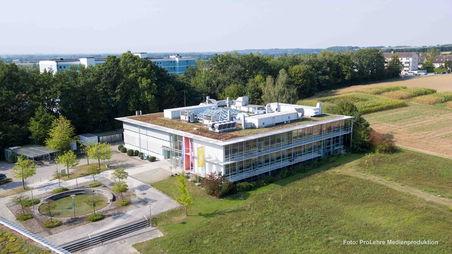

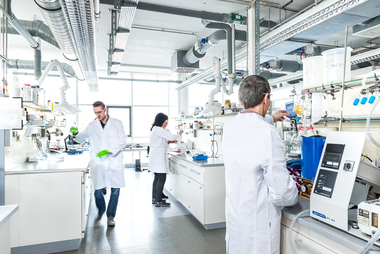
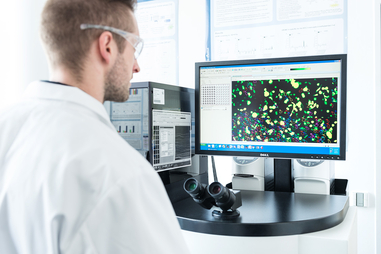
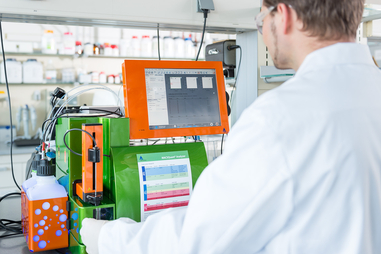
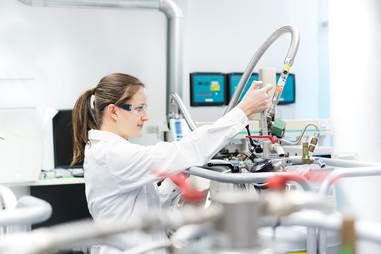
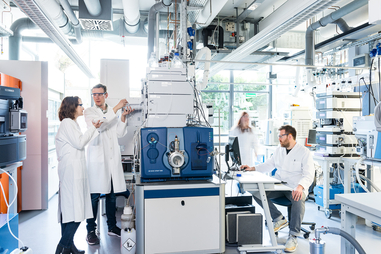
Leibniz-LSB@TUM YouTube Channel
Visit our "Leibniz-LSB@TUM YouTube Channel" at:
Sound Mood
The sound of coffee
Pilot project of the WESOUND GmbH and the Leibniz-LSB@TUM
Coffee is pure magic - invigorating and calming at the same time, inspiring and a complex taste experience. As self-confessed coffee lovers, the WESOUND GmbH is excited about the cooperation with the Leibniz Institute for Food Systems Biology at the Technical University of Munich on the topic of "coffee". In a pilot project, WESOUND focused its attention on the sensual perception of enjoying a good cup of coffee and interpreted it artistically.
Close your eyes and stop time for a brief moment with the Sound Mood - ahhh, pure coffee bliss. ;-)

Podcasts von Dr. GPCR

Dr. GPCR Podcast Episode 12#: Using computational pharmacology to understand chemosensory GPCR function ‒ Interview mit Dr. Antonella Di Pizio
In this episode of the Dr. GPCR podcast, we meet with Dr. Antonella Di Pizio, an independent research group leader at the Leibniz-Institute for Food Systems Biology at the Technical University of Munich. Antonella trained as a medicinal chemist in Italy, which she followed up by a Ph.D. in computational medicinal chemistry, during which she developed a taste for structural biology. Antonella then moved to Israel, where she first started working on bitter taste GPCRs in Dr. Masha Niv's lab. Today, Antonella has expanded her research to olfactory GPCRs and trace amine receptors. Join us to learn more about chemosensory GPCRs and how computational pharmacology can help better understand their function.
You will find the podcast here: https://podcasts.google.com/feed/aHR0cHM6Ly9hbmNob3IuZm0vcy8xM2UwNjQyMC9wb2RjYXN0L3Jzcw==

